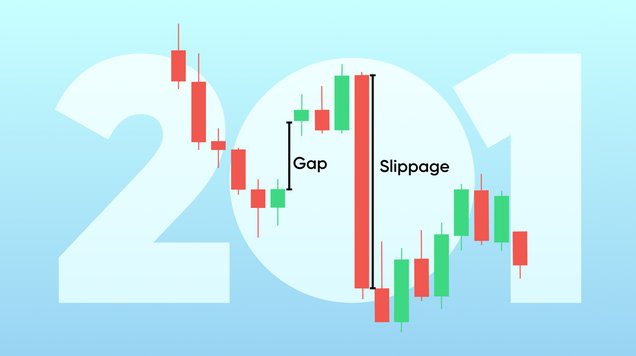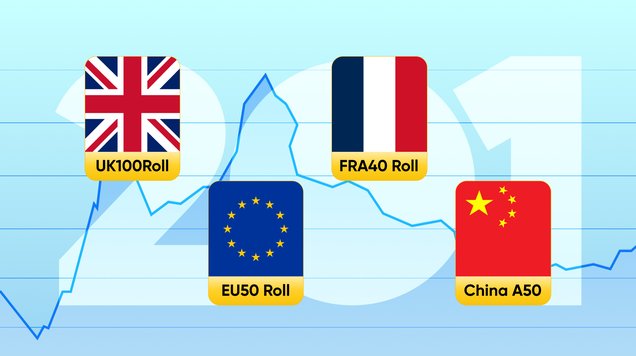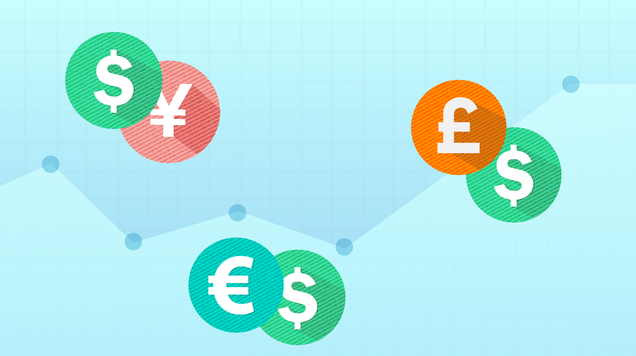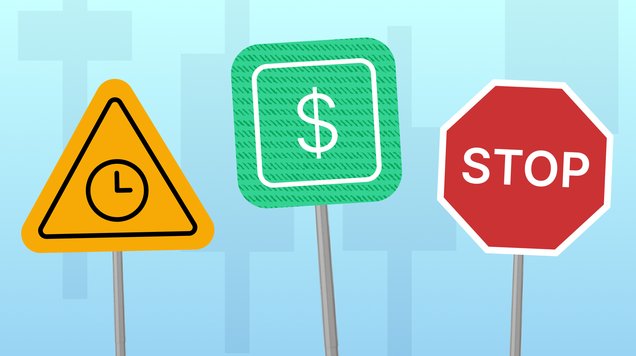Understanding market and trader psychology
Learn about the impact of psychology and emotions on the financial markets and the behaviour of individual traders.
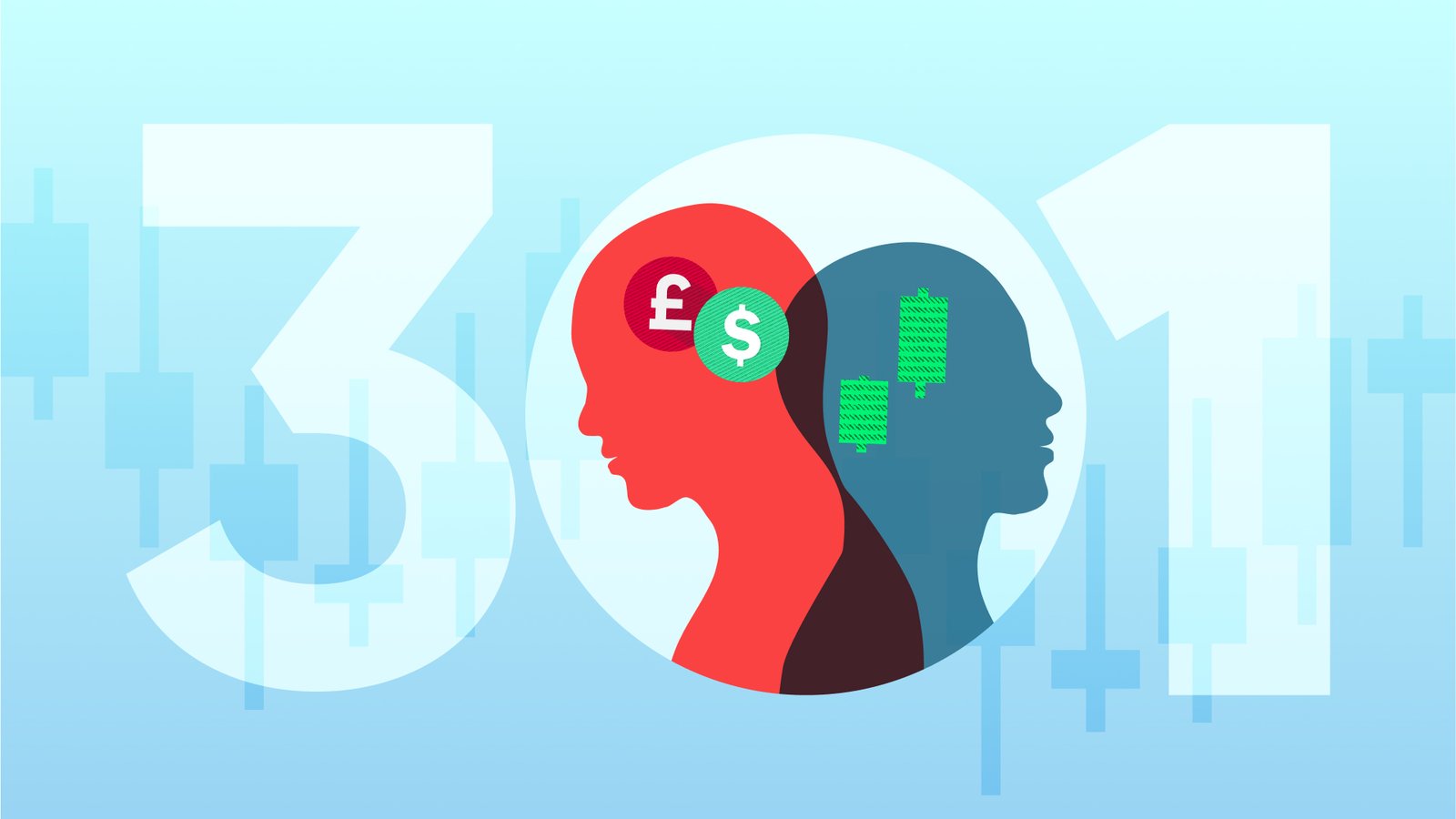
Market psychology refers to formation of trends caused by emotions and biases market participants and their decisions
Trader psychology focuses on studying the reasons that cause of those emotional biases and reactions
Various forms of trader psychology, from overconfidence to herd mentality, affect decision-making and trade outcomes
Recognising and mitigating psychological biases is essential for long-term success in financial markets
Building discipline and using risk management tools are crucial in limiting the impact of emotions and psychology in your trading
Introduction to market and trader psychology
Psychology plays pivotal role in trading and CFD markets are highly influenced by emotions. Market psychology sets the stage, shaping trends with emotions like fear and greed. On the individual level, trader psychology influences decision-making, encompassing emotions, biases, and discipline.
Market psychology refers to the overall sentiment in the market, affecting market trends and price action. This sentiment is formed by the emotions and behaviours of the market participants.
Trader psychology focuses on the individual mindset and emotional state of traders and how these influence decision-making processes and trading performance. Traders' emotions, cognitive biases, risk tolerance, and discipline all contribute to their overall psychological makeup.
Successful traders often possess a deep understanding of their own emotions and behaviours and how psychology affects the broader market. Understanding market and trader psychology helps them to anticipate and react to emotional shifts, enhancing their ability to make profitable trading decisions.
Key emotion and behaviours of trader psychology
Let’s explore common emotions and actions of traders and what’s their impact.
Overconfidence
Overconfident traders tend to believe they have superior skills or insights compared to others. This can lead to excessive risk-taking, failure to thoroughly analyse trades, and a lack of discipline. This may result in larger position sizes than warranted, increasing the potential for significant losses, as leveraged trades will also amplify losses. Therefore, it’s critical that traders try to tame overconfidence. Overconfident traders may also be less likely to acknowledge and learn from mistakes, hindering their overall growth as traders.
Fear and panic
Fear and panic can drive traders to make impulsive and irrational decisions, often resulting in closing trading positions at unfavourable levels. Fear and panic-driven decisions can result in hasty exits from positions, selling assets at lower prices than their intrinsic value. Traders succumbing to fear may also miss profitable opportunities during market downturns. Managing these emotions is crucial for maintaining a calm and rational trading approach.
Greed
Greedy traders may become overly attached to winning positions, holding onto them for too long in the hope of even greater profits. This can lead to missed exit points and increased exposure to market volatility. It may also result in a failure to set realistic profit targets. Traders driven by greed may expose themselves to increased volatility and potential market reversals.
Loss aversion
Loss aversion is the tendency to strongly prefer avoiding losses over acquiring equivalent gains. Traders influenced by loss aversion may exit winning positions prematurely to avoid potential losses. They may also set tight stop loss orders, limiting the potential for profits. Over time, this can negatively impact the overall risk-reward profile of a trading strategy.
Regret aversion
Regret aversion can lead to hesitation and indecision in trading. Traders may be reluctant to make decisions for fear of regretting the outcome, impacting their ability to capitalise on market movements.
Confirmation bias
Confirmation bias involves seeking, interpreting, and remembering information that confirms pre-existing beliefs. Traders affected by confirmation bias may ignore contradictory data, leading to biased analysis and decision-making. This inflexibility can result in missed signals, increased vulnerability to market surprises, and a failure to adapt to changing conditions.
Herd mentality
Herd mentality occurs when traders follow the actions of the majority without conducting independent market analysis. This behaviour can contribute to market bubbles and sudden, unpredictable shifts in market sentiment. Additionally, herd behaviour can amplify market volatility.
Anchoring
Anchoring involves fixating on a specific price level or piece of information, such as the entry point of a trade. Traders anchored to a particular price may hesitate to adjust stop loss or take profit levels, impacting risk management. This can result in missed opportunities and increased exposure to market fluctuations.
Impact of psychology on market movements
As explained in the previous chapter, emotions and the actions they cause have impact on trading decisions and behaviours at the individual level. However, emotions have the power to move markets too. Here are some potential consequences of collective emotions and changing market sentiment that traders should be aware of.
Volatility
Collective emotional reactions can lead to increased volatility. Panic selling or enthusiastic buying driven by emotions can create sharp market moves.
Market trends
Prolonged bullish or bearish sentiment can establish strong market trends, influencing the trading decisions of market participants.
Market bubbles and crashes
Extreme emotions, such as fear and greed, can lead to market bubbles, which eventually burst, potentially causing major crashes.
How to limit the impact of emotions in trading
Both individual and collective emotions can significantly influence behaviours, market movements and trading outcomes. That’s why it’s important for traders to protect their capital. Here are some ways traders can limit losses and enhance their trading.
Risk management
Trader psychology plays a crucial role in risk management as emotionally driven decisions can lead to excessive risk-taking or unwarranted caution. Traders should always use risk management tools and strategies to protect their trades.
Market timing
Successful CFD trading often involves accurate market timing. Knowledge of trader psychology aids in identifying potential turning points in the market, allowing traders to enter or exit positions strategically.
Building discipline
Building psychological discipline is essential in trading. Traders who understand their own psychological strengths and weaknesses can develop strategies to maintain discipline in the face of market fluctuations in order to safeguard their capital and maximise their profit potential.



